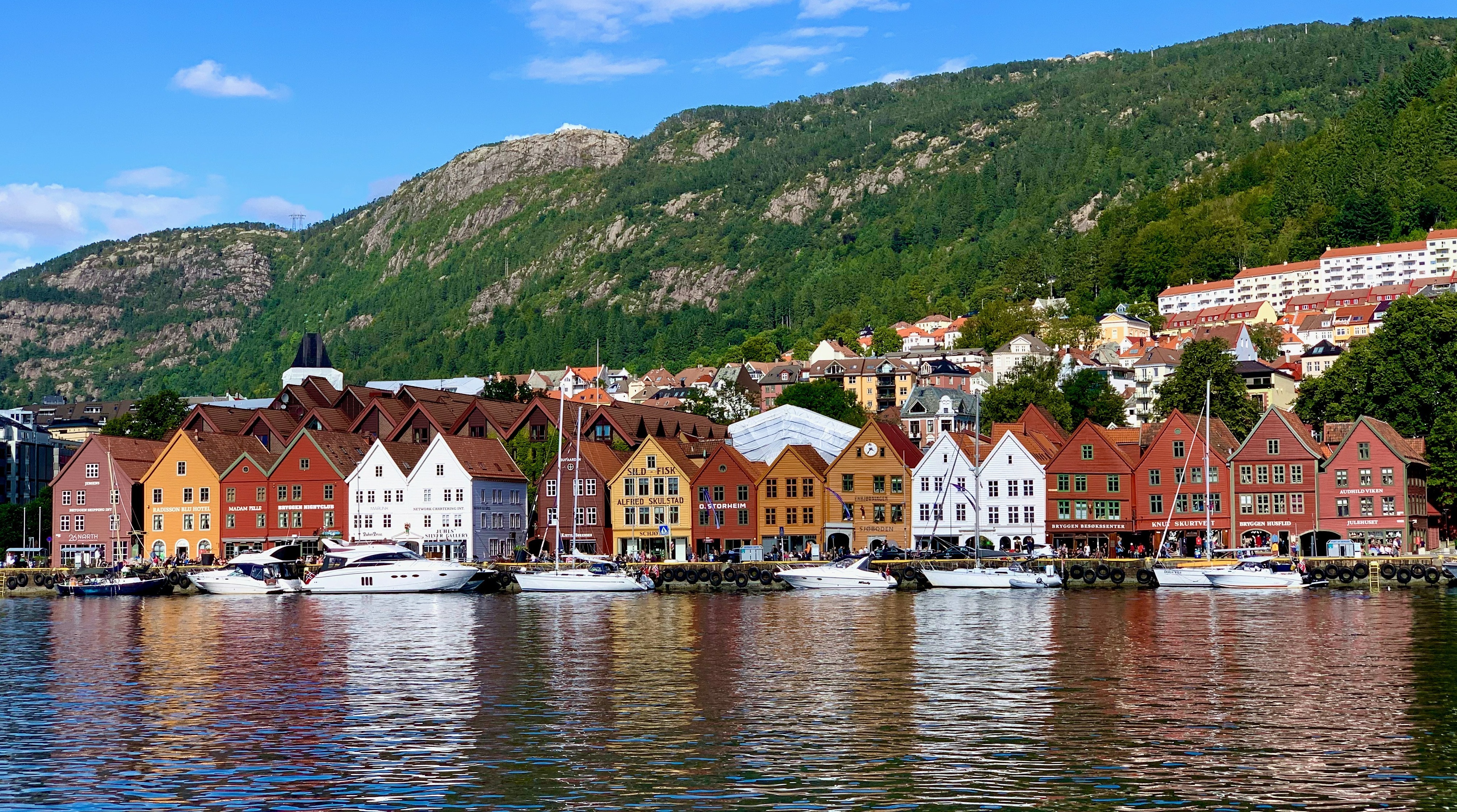Climate Change
The climate has undergone even extreme variations throughout the history of the planet, but always over very long periods of time.
Today, everything is happening in a short span. The scientific community unanimously attributes this to human activities: land consumption, accelerated resource exploitation, pollution, biodiversity loss, and global warming, which feed off each other, generating an impact that in turn triggers other negative phenomena for life as we know it on the planet.
We are not able to predict these transformations with precision, but we can expect an impact on billions of human beings as well as on all living species and their habitats.
Climate change affects cities, as well as agriculture and natural areas. The Capellino Foundation is aware of this and has made climate change one of the key areas of its work.



